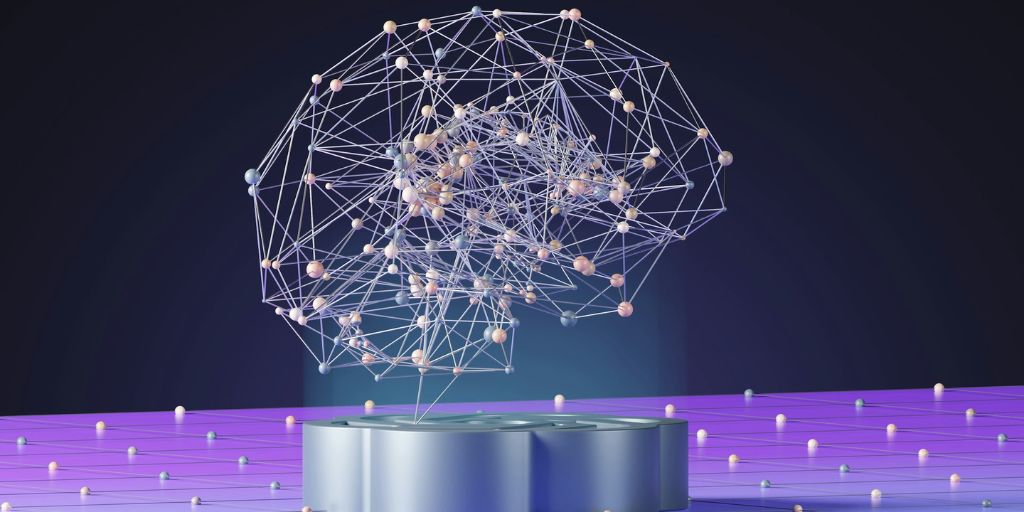
- ChatGPT is helping (or hindering) everyone do everything. It’s tricky to name an industry that isn’t using it. And no, we’re not implying that ChatGPT could be the next doctor you see in the doctor’s office, but will doctors start to use the technology to ease workload? Read on to find out.
Enhancing Administrative Efficiency
AI isn’t completely taking over – US healthcare will always need medical recruiters to find real doctors.
Still, it’s interesting to discuss how much AI will take over. One of the biggest problems doctors face daily is the humongous pile of administrative work associated with their profession. These duties take up most of a physician’s time – for example, documenting interactions with patients, managing timetables, and processing insurance claims. ChatGPT comes into its own here.
By having routine administrative tasks done by ChatGPT, doctors can have more time to do the things ChatGPT couldn’t do. That includes drafting notes about patients, helping them fill out forms, and even managing appointment diaries. Instead of spending many hours transcribing notes from a patient consultation, doctors could use ChatGPT to generate quick, accurate summaries. There’s a massive potential for the technology to reduce the administration burden and allow more time for patient care activities.
ChatGPT can handle patients’ routine questions like appointment confirmations or prescription refills. These interactions can be automated with AI effortlessly, reducing the workload of administrative personnel while keeping doctors busy with other important issues.
Advancement in Diagnosis
Another area where ChatGPT can make a big difference is diagnostics. The large volume of medical information that AI processes and evaluates will be useful in assisting doctors in making more accurate diagnoses. It’s something healthcare services across the globe are exploring. By utilizing updated medical literature, treatment guidelines, and patient histories, ChatGPT helps physicians consider all possible factors when diagnosing someone.
In a case like this, it’s not beyond the realm of possibility that a doctor can seek guidance from ChatGPT. In the final analysis, it’s up to the doctor – they have to ensure that no suspected diagnosis remains unaddressed without employing AI. The idea here is that diagnoses can be more precise and timely, not that AI will make the diagnosis.
Improving Patient Communication
Effective communication is a necessity in healthcare contexts, although it may be challenging due to time constraints and complex medical terminologies. To address this challenge, ChatGPT offers tools for more concise and faster doctor-patient conversations.
For example, doctors can create elaborate reports on diseases, treatment procedures, and follow-up steps through ChatGPT, which are easily understood. They will then have a better understanding of the condition and what they need to do about their issue.
ChatGPT also allows the customization of patient education materials. To ensure that every patient receives help in a way that suits them best, it tailors information given depending on personal needs or levels of comprehension. Consequently, personalized experience enhances general patients’ satisfaction levels, hence improved health outcomes.
However, these remain only thoughts.
It seems like this AI-powered software could be nice. There is an influx of patients running through the US healthcare system with unfinished clerical duties and overburdened physicians. The role of doctors might change soon when it comes to ChatGPT, among other AI-related programs.












